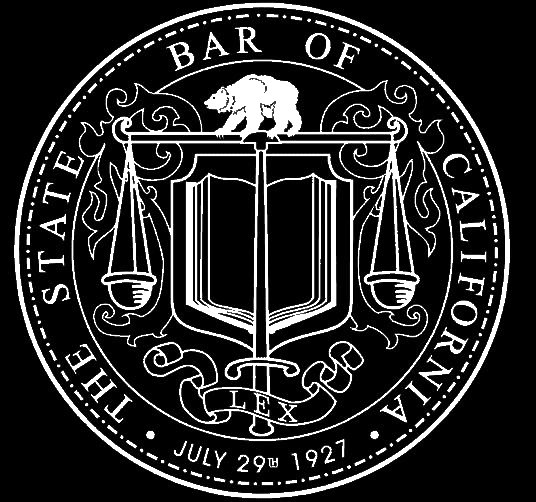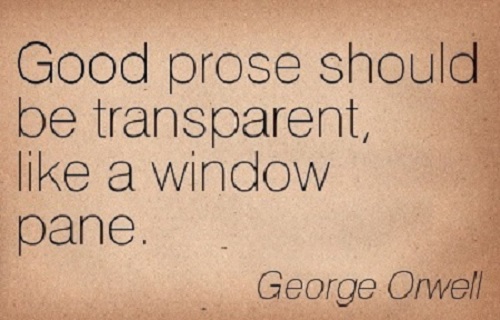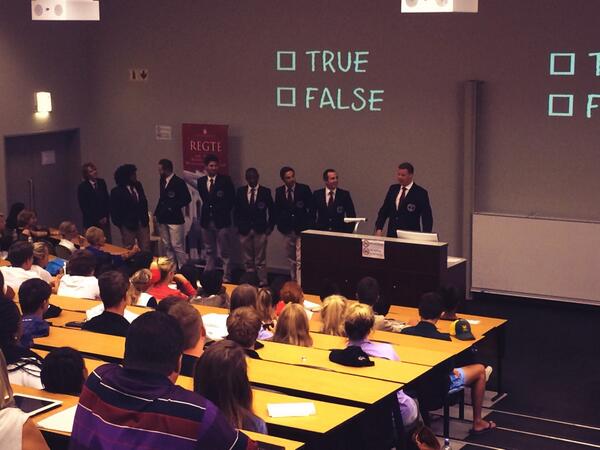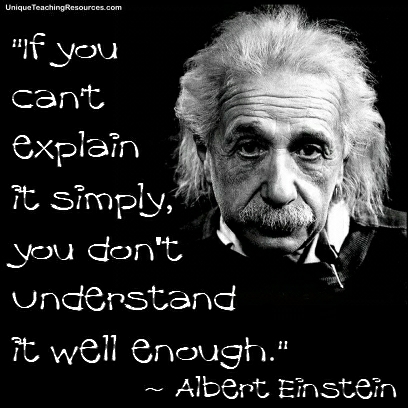
by tbroodryk | Jul 7, 2013 | This makes for interesting reading
No one really enjoys proofreading, but in business, failing to catch those spelling and grammar errors may lose you a job or a client. Businesses will judge you by your written communications, so proofread like your job depends on it (because it probably does).
Spell Check Isn’t The Complete Answer
(more…)

by tbroodryk | Jul 3, 2013 | Featured Slider, This makes for interesting reading
Legal writing combines artistry and wisdom: weaving critical facts into the fabric of legal theory coupled with knowing the most effective way to communicate so that the finished product fits the needs of your audience. Nineteenth-century English theologian Charles Haddon Spurgeon got it right when he said: “Wisdom is the right use of knowledge. To know is not to be wise. Many men know a great deal, and are all the greater fools for it. There is no fool so great a fool as a knowing fool. But to know how to use knowledge is to have wisdom.”1
(more…)

by tbroodryk | Jul 3, 2013 | Featured Slider, This makes for interesting reading
46 University of Pittsburgh Law Review 149 (Fall 1984)
Pamela Samuelson[+]
Copyright 1984 by Pamela Samuelson
George Orwell once wrote that `[g]ood prose is like a window pane.’[1] What I take Orwell to have meant by that remark is that when people read good prose, it makes them feel as if they’ve `seen’ something (whatever the author was trying to convey) more clearly.[2] Put another way, if a writer can induce his or her reader to feel that the reader would have come to the same conclusion that the author reached had the reader done his or her own investigation of the subject matter, the writer has achieved a kind of `window pane’ effect on the reader.
(more…)
by tbroodryk | Jul 3, 2013 | This makes for interesting reading
Copyright (c) 2005 Legal Writing Institute
Legal Writing: The Journal of the Legal Writing Institute
2005
(more…)

by tbroodryk | Mar 7, 2013 | This makes for interesting reading
Call for Papers
05/02/2013
The South African Student Law Review (SASLR) is pleased to formally announce the acceptance of submissions for its inaugural issue. Submissions are open to any law student, at any level of study, at any university in Africa. SASLR has been established to provide law students with a platform from which students can formulate and express original, relevant and constructive thought. The SASLR is an
academic forum that fosters greater dialogue on subjects that extend further than the confines of any law school curriculum.
Students are therefore challenged to discover the boundless freedom afforded to thought and perspective, and are encouraged to deliver such thought in a compelling, scholarly manner.
The primary aims of this journal is to instil a sense of belief and confidence in students, an understanding of the myriad possibilities of the application of the law, and to facilitate greater interaction between all who participate on the topics and fields to which students will devote their lives in humble service. The journal welcomes articles on any topic of law that is relevant, original, well researched,
and that preferably does not form part of the traditional law school curriculum. For topic suggestions, news and updates, please refer to the SASLR website.
Final Submission Deadline: 1 August 2013
Submission Guidelines: Depending on the year of study, article manuscripts should range from 5 pages to 25 pages.
Visit the website for complete submission guidelines, suggested topic areas, and to submit an article: http://www.saslr.co.za
Please address all inquiries to: info@saslr.co.za

by tbroodryk | Feb 26, 2013 | Feedback
EXERCISE:
Law of delict students:
I’ve read through some of the short passages that you wrote in your previous lecture, regarding a function of the law of delict. Here are some tips that I can give you:
(more…)

by tbroodryk | Feb 26, 2013 | Feedback
Dear Students
Going through some of the assignments of last year I noticed that most of them had one thing in common: a lack of attention to the technical aspects of the assignment. (more…)

by tbroodryk | Feb 4, 2013 | This makes for interesting reading
JOINT PRESS STATEMENT
by The South African Law Deans Association, The Law Society of South Africa
and the General Council of the Bar
LEGAL EDUCATION IN CRISIS?
Law Deans and the Legal Profession set to discuss refinement of LLB
degree
(more…)

by Chantelle | Jan 29, 2013 | Strategic Legal Writing
I find it alarming how poorly legal practitioners draft documents, given that language is one of the main tools of the lawyer’s trade.
I read through reams of paper every day, comprising pleadings, correspondence and contracts attached to court papers, and heads of argument. One could understand that an attorney may sometimes write a letter in haste and errors or simply examples of poor drafting may slip through; what is perhaps most startling, is that even pleadings often show no understanding of an effort to draft clearly and simply.
It seems that even students who write well are mesmerized by the bad habits of their principals once they start practice. Even a student who had no difficulty making herself understood at university may be tempted to use a template for a contract that starts with the preamble, “Know all men by these Presents”. Why”?
Please bear in mind the first rule of writing: Who is your reader? In the case of a letter or contract, it may be the opposing attorney or your client; in the case of pleadings, primarily the judge. But that is no excuse to slip into archaic legalese. The law regulates our affairs. We write different documents in order to do so. And even when you write heads of argument, not only the judge, but also your client and even the general public must understand clearly what you are trying to say.
I am excited that the University of Stellenbosch is trying to help its students write clearly. I will not try to do the job for the well qualified lecturers the University employs. At the risk of duplication, though, here are a few pointers from the Bench:
- Do not use archaic words that you would not ordinarily use. (For example: hereinbefore, ultimo, proximo, said agreement, “same” instead of “it”.)
- Do not refer to yourself as “writer”. Use the first person.
- Write in the active voice. It does not help the court if a deponent says “the dispute was referred”. Who referred it?
- Use action verbs. Do not nominalize. Why “make an application for” if you can simply apply?
- Do not use long sentences with various sub clauses. Break it up or use paragraphs and subparagraphs.
- Organise your documents. Start with the most important – a summary is often useful. Group similar issues together.
- When you file pleadings: Paginate and index; use headings and sub-headings; provide a list of the dramatis personae and a timeline if it will help the judge.
- If there are a number of respondents, identify them: eg “the CCMA”, “the arbitrator”, “the employee’ instead of first, second, third and fourth respondents. Everyone knows who you are referring to, including the student who may have to read the appeal judgment.
- Proofread – do not rely on spell check.
- Be brief.
Lest I contravene the last guideline, I shall say nothing more for now. All the best for your studies, and do not be influenced by bad habits when you start practicing law – rather try to influence those who are set in their ways.
Anton Steenkamp
Judge of the Labour Court

by tbroodryk | Jan 28, 2013 | This makes for interesting reading
Academic writing: History, herstory, your story
“We spend our years as a tale that is told” (Hofmeyr, 1993)
We all live out stories in our lives, and we understand our lives through the stories we live out, MacIntyre (1997) says. In the same vein our identity can be interpreted as a story we create about ourselves: my identity then depends on the story I choose and live out. Both story and identity are constructed through language: to be identified as a particular person (with a name, for example John), to have various characteristics attributed to oneself (such as kindness), and to refer to oneself (“I said…”, “I meant…”) mean that one is realised in language (Gergen, 1999). The world is shaped by and through language, according to André P. Brink (1998:14), “and most pertinently by and through language ordered as narrative”.
(more…)

by tbroodryk | Jan 18, 2013 | This makes for interesting reading
There has, in South African legislation, been a definite movement towards the use of plain language. For example, the South African National Credit Act, No. 34 of 2005 (the “NCA”) and the Consumer Protection Act, No. 68 of 2008 (the “CPA”) deal with and encourage the use of plain language. (more…)
by tbroodryk | Jan 18, 2013 | Featured Slider
Page 5 of 6« First«...23456»









